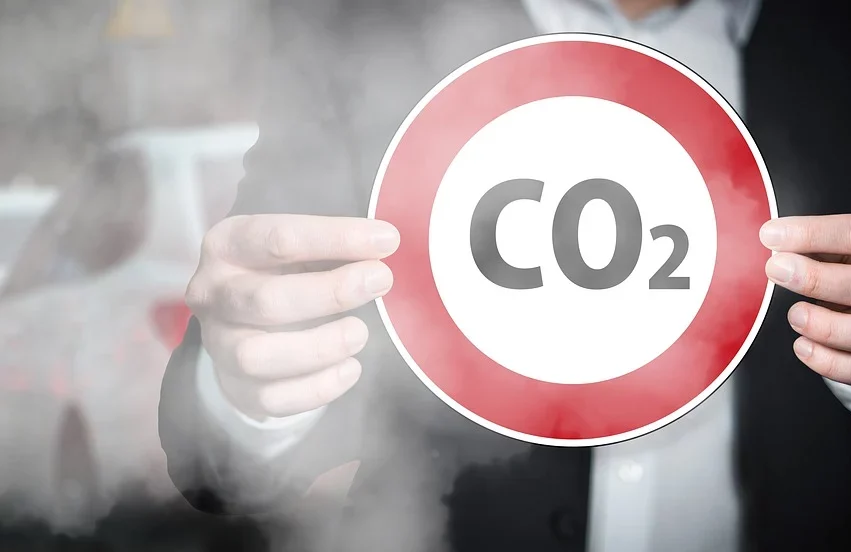
The National Council for Ecological Transition chaired by French Prime Minister Elisabeth Borne on Monday, May 22nd, aimed to outline France’s roadmap for reducing ‘greenhouse’ gases by 2030, in order to comply with its European commitments.
The government intends to remobilise public opinion—particularly that of young people, who are very sensitive to climate issues—after the controversial vote on the pension reform.
In terms of reaching its goal, there is a long way to go: for the moment, the level of reduction of greenhouse gas emissions has only reached 25%. The objective is to reach 55% by 2030, albeit France has set itself a rather modest target compared to its German neighbour, which hopes to reach 65% by the same deadline.
The Council of State recently handed down a ruling designed to hold the French government to account, judging its efforts in the ecological field to be insufficient. The court had been asked in 2022 by local authorities to check whether the government was taking the necessary measures to comply with the Paris Agreement and European commitments. One year later, the Council of State found that “while additional measures have been taken and reflect the Government’s willingness to implement the decision, there is still no sufficiently credible guarantee that the greenhouse gas emission reduction trajectory can be effectively met.”
In order to accelerate the ecological transition, Elisabeth Borne highlighted the necessary distribution of the effort between the state, individuals, and companies: “In total, half of the effort will be made by companies, particularly large companies, a quarter by the State and local authorities, and the last quarter by households.”
With this statement, Elisabeth Borne intends to reassure the most modest French households, which are wary of ecological measures imposed from above that directly challenge their everyday life. The efforts to be borne by households mainly concern the use of internal combustion engines for private cars. Indeed, the car is often singled out as one of the major contributors to greenhouse gas emissions, but many French people do not have the means to change their vehicle for a less-polluting model or are hit hard by variations in the price of petrol, as the Yellow Vests revolt showed in 2018.
There is also concern in farming communities.
Unexpectedly, the Cour des Comptes, the public body responsible for overseeing public accounts, has also given its opinion—even though this state body has no competence in the matter—on global warming, stating that particular attention should be paid to reducing the French cattle herd, which they say is responsible for 11.8% of the country’s greenhouse gas emissions. With regard to methane emissions, livestock farming accounts for 45% of French agricultural emissions. The Cour des Comptes therefore recommends reducing the consumption of red meat in order to reduce the number of cattle raised in France. This recommendation has aroused the anger of many farmers and consumers, who feel that the ecological obsession has come to clash in an authoritarian manner with the cuisine traditions of the French.
For the moment, the details of the effort requested by Elisabeth Borne are unknown. A complete strategy mobilising all the players must be unveiled by June, with a particular focus on energy, transport, agriculture, industry, and construction sectors.
